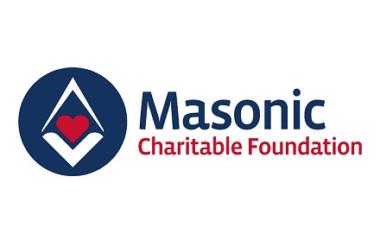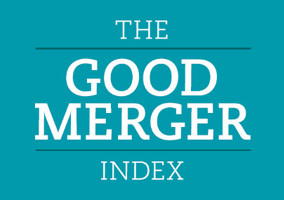The Masonic Charitable Foundation, a grant giving body set up from a merger of four charities last year, will have more than £400m of assets, making it the 25th largest by assets on the Charity Commission register.
The foundation was set up on 1 April last year but has not filed accounts, and is likely to make around £20m of grants each year, according to new figures revealed today. Any funding is likely to be split between benevolent funding to members of the Freemasons and general grants to other charities.
There are hundreds of local Freemasons’ charities in the UK, which make £10m of donations a year.
The foundation’s assets are split between £250m of long term investment assets, and £150m of property, including 18 care homes.
The foundation was established from the merger of four other national Charities which had been operating separately under various names since the early 18th century. These charities are The Freemasons’ Grand Charity, the Royal Masonic Trust for Girls and Boys, the Masonic Samaritan Fund and the Royal Masonic Benevolent Institution.
The new merged charity is based at Freemasons’ Hall in central London, and has around 90 staff. David Innes, who was formerly chief executive of the care homes business, has become the chief executive of the new charity.
“The new charity has a certain mass,” he says. “But the rationale behind the merger was about becoming more efficient and effective for the people we serve.”
He said the four charities had all provided benevolent services to Freemasons and their families, but had all had slightly different application procedures and eligibility criteria.
“Now we have one form, one set of criteria, one phone number, one website, and one team,” he said.
Innes said that the restructure had incurred substantial costs, and led to “a small number of redundancies at a senior level” including the chief executives of the four charities. He said he expected that back office cost savings would eventually more than make up for the legal costs of merger, but that savings had not been the driving force.
All four charities were previously based in Freemasons’ Hall but their offices were partitioned off. They are now able to communicate more effectively, he said.
Related articles











